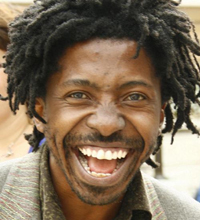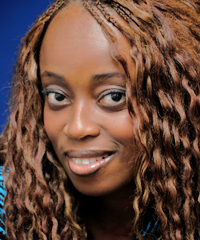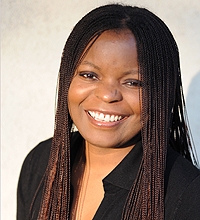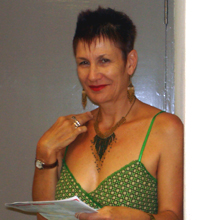










![]()
Adaobi Nwaubani
Amatoritsero Ede
Ando Yeva
Ayesha H. Attah
Bobby Gawthrop
Brian Chikwava
Chuma Nwokolo
Crispin Oduobuk
Fela
Kuti
Fiona Jamieson
Florence Nenakwe
Funsho Ogundipe
Genna Gardini
George E. Clarke
G.Namukasa
Grace Kim
Isabella Morris
Isobel Dixon
Ivor W. Hartmann
Jane Bryce
Kobus Moolman
Meshack
Owino
Mwila
A. Zaza
Patrice Nganang
Petina
Gappah
Rudolf Okonkwo
Samed Aydin
Tanure Ojaide
Tola
Ositelu
Uche Peter Umez
Unoma Azuah
Uzor M. Uzoatu
Wole
Soyinka
![]()
|
|||||||||||||||




